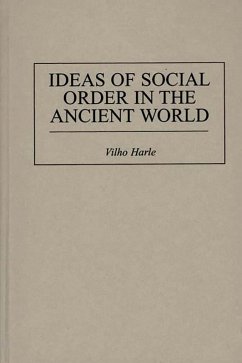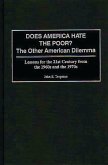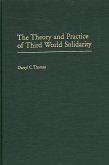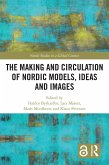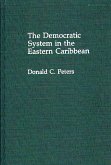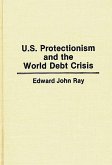Harle focuses on the perennial issue of social order by providing a comparative analysis of ideas on social order in the classical Chinese political philosophy, the Indian epic and political literature, Zoroastrianism, Judaism, the classical Greek and Roman political thought, and early Christianity. His analysis is based on the religious, political, and literary texts that represent their respective civilizations as both their major achievements and sources of shared values.
Harle maintains that two major approaches to establishing and maintaining social order exist in all levels and types of social relations: moral principles and political power. According to the principle-oriented approaches, social order will prevail if and when people follow strict moral principles. According to the contending power-oriented approach, orderly relations can only be based on the application of power by the ruler over the ruled. The principle-oriented approaches introduce a comprehensive civil society of individuals; the power-oriented approaches give major roles to the city-state, its government and relationships between them. The question of morality can be recognized also within the power-oriented approaches which either submit politics to morality or maintain that politics must be taken as nothing else than politics. This book is a contribution to peace and international studies as well as political theory and international relations.
Harle maintains that two major approaches to establishing and maintaining social order exist in all levels and types of social relations: moral principles and political power. According to the principle-oriented approaches, social order will prevail if and when people follow strict moral principles. According to the contending power-oriented approach, orderly relations can only be based on the application of power by the ruler over the ruled. The principle-oriented approaches introduce a comprehensive civil society of individuals; the power-oriented approaches give major roles to the city-state, its government and relationships between them. The question of morality can be recognized also within the power-oriented approaches which either submit politics to morality or maintain that politics must be taken as nothing else than politics. This book is a contribution to peace and international studies as well as political theory and international relations.

